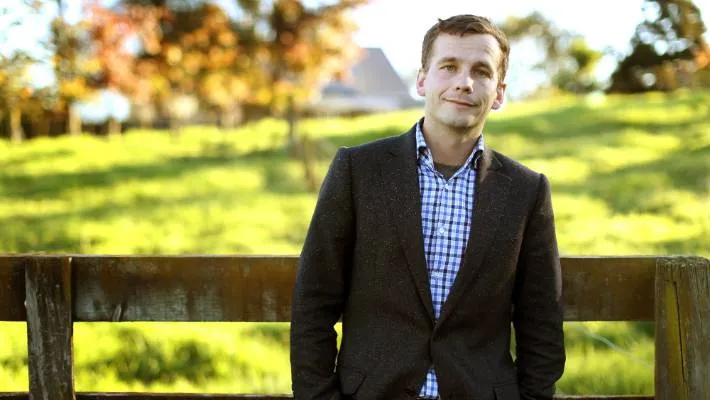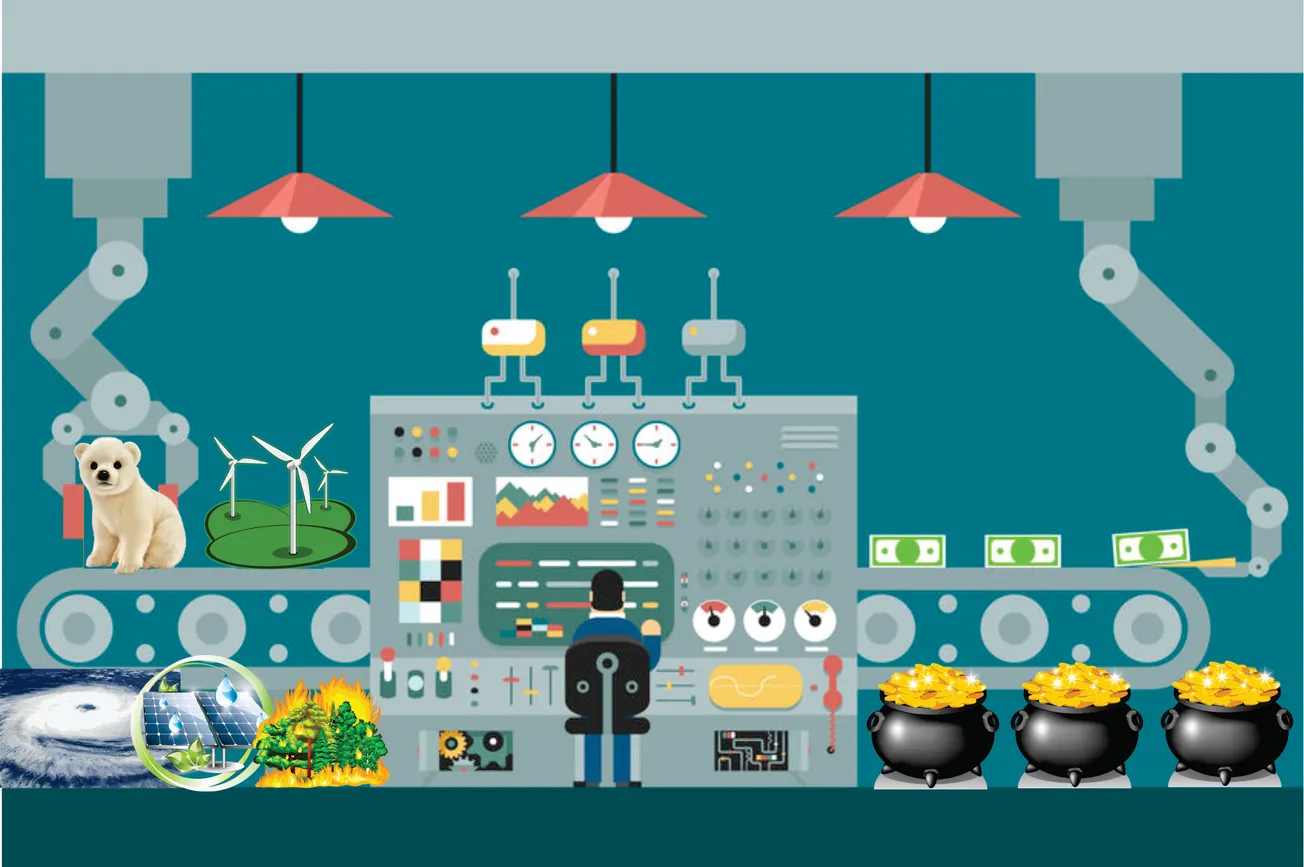Table of Contents
Free Press
ACT Party
The Haps
ACT has reached another polling high, of 13 per cent according to UMR. David Seymour is preferred Prime Minister for 14 per cent of voters.
The Government has questions to answer about Afghanistan. Who decided what when? Were the translators’ applications rejected for good reasons, or just the usual Immigration New Zealand/Faafoi reasons? Faafoi’s screw-ups are not normally deadly, how can he continue?
The Government’s new plan-on-a-page for COVID tells us that if vaccination rates were higher, things would be different. It sets goals like ‘ICU/health capacity and contact tracing systems strengthened, in response to Delta and other variants’ without saying how. Last week’s Free Press had more detail, and ACT’s COVID 2.0 report from March even more.
The Kids Aren’t All Right
ACT’s Honest Conversations tour has been attended by nearly four thousand people, and most of the time has been for question-and-answer sessions from the people who pay the bills. You. A lot of the questions and comments are widely discussed already, but one is new. A ‘sleeper’ issue that mainstream politics has missed.
First, what are we hearing that you might have guessed? People are concerned about the Government’s lack of pathway out of COVID, the debt it’s used to cushion that lackadaisical response. People hate the constant attacks on farmers, small business, landlords, and anyone else who tries to do anything proactive in their lives including expressing a ‘non-conforming’ opinion.
The difficulty in consenting and infrastructure leaves a generation with a steeper-and-steeper path to being part of a property-owning democracy. There is the underlying constitutional question of whether New Zealand is a nation state with equal rights for all citizens or, as Prof. Elizabeth Rata put it, an ethno-state where citizens’ political rights depend on birth.
But there’s another issue that many crowds have raised, and it resonates deeply. It’s this: Nothing that’s happened today will determine the health of New Zealand society in 30 years’ time more than what kids learned, or didn’t learn, at school.
When it comes to education, the kids aren’t all right. Too many are not attending school regularly. When they do, the schools are not functional. When they are, the curriculum they’re teaching is being deliberately watered down. When it’s not, it competes with a set of values that might sound good in a Ministry of Education brainstorming session but won’t allow kids to navigate the 21st century.
To take the headline, what students know and can do is in freefall. The best evidence we have is from the OECD’s PISA, which has been testing 15-year-old students in every OECD country for reading, maths and science since the year 2000. New Zealand students have scored lower than last time every three years this century.
They’ve gone from being near top of the world, to average in the OECD over 20 years. New Zealand students are now below the OECD average for maths. What’s worse, New Zealand has among the greatest gaps between top and bottom learners in the world.
One reason is attendance. It’s difficult to learn when you’re at school, but it is nearly impossible if you are not. Attendance is not only poor, but worst if you’re poor. Eighty per cent of Decile 10 students attend school regularly, meaning 9 days a fortnight or more. Only 50 per cent of Decile 1 students do that.
There are also major ethnicity gaps, with 81 per cent of Asian students attending regularly, compared with European (72) Pacific (57) and Maori (53). Going to school helps with getting good grades, University Entrance is gained by 70 per cent of Asian students, compared with European (47), Pacific (27) and Maori students (22).
Getting to school helps but not if the curriculum is constantly being watered down. Instead of preparing students for the 21st century to know more than those who went before them, the Ministry of Education is reducing what students learn.
For instance, subjects such as biology, chemistry, physics, accounting, and economics at fifth form level are being watered down into user-friendly catch-all subjects merging them together. The upshot is what students know and can do will keep going down in future editions of PISA.
The Ministry is also trying to insert Maori spiritual concepts into science, for instance students will learn of atoms that recognise that ‘mauri is present in all matter which exists as particles held together by attractive forces.’ It’s not clear how this political project will help kids understand the world through a scientific lens.
Altogether, it’s a mess. Kids aren’t showing up and, when they do, they’re being taught less and less globally relevant knowledge. ACT has a comprehensive agenda to reform education and make it work for all students, which you can find on our website. Free Press predicts that education is the sleeper issue of the 2023 election.









